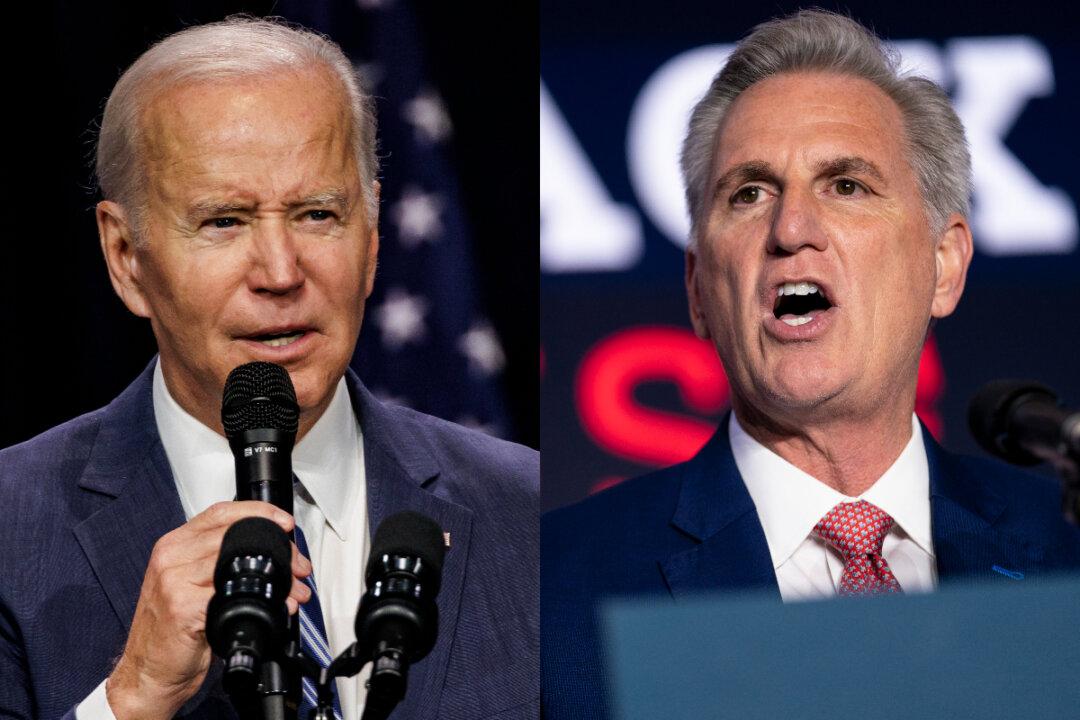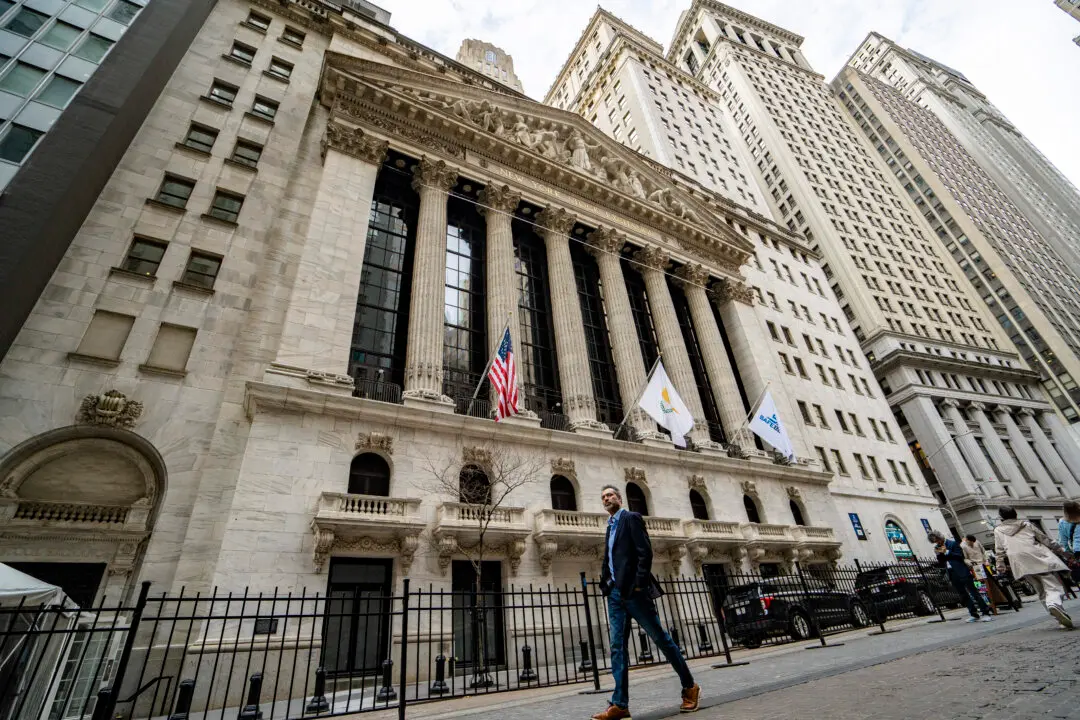The White House and House Republicans have reached an agreement in principle, House Speaker Kevin McCarthy announced on Saturday evening.
“We still have a lot of work to do. But I believe this is an agreement in principle that’s worthy of American people,” McCarthy told reporters on Capitol Hill.






